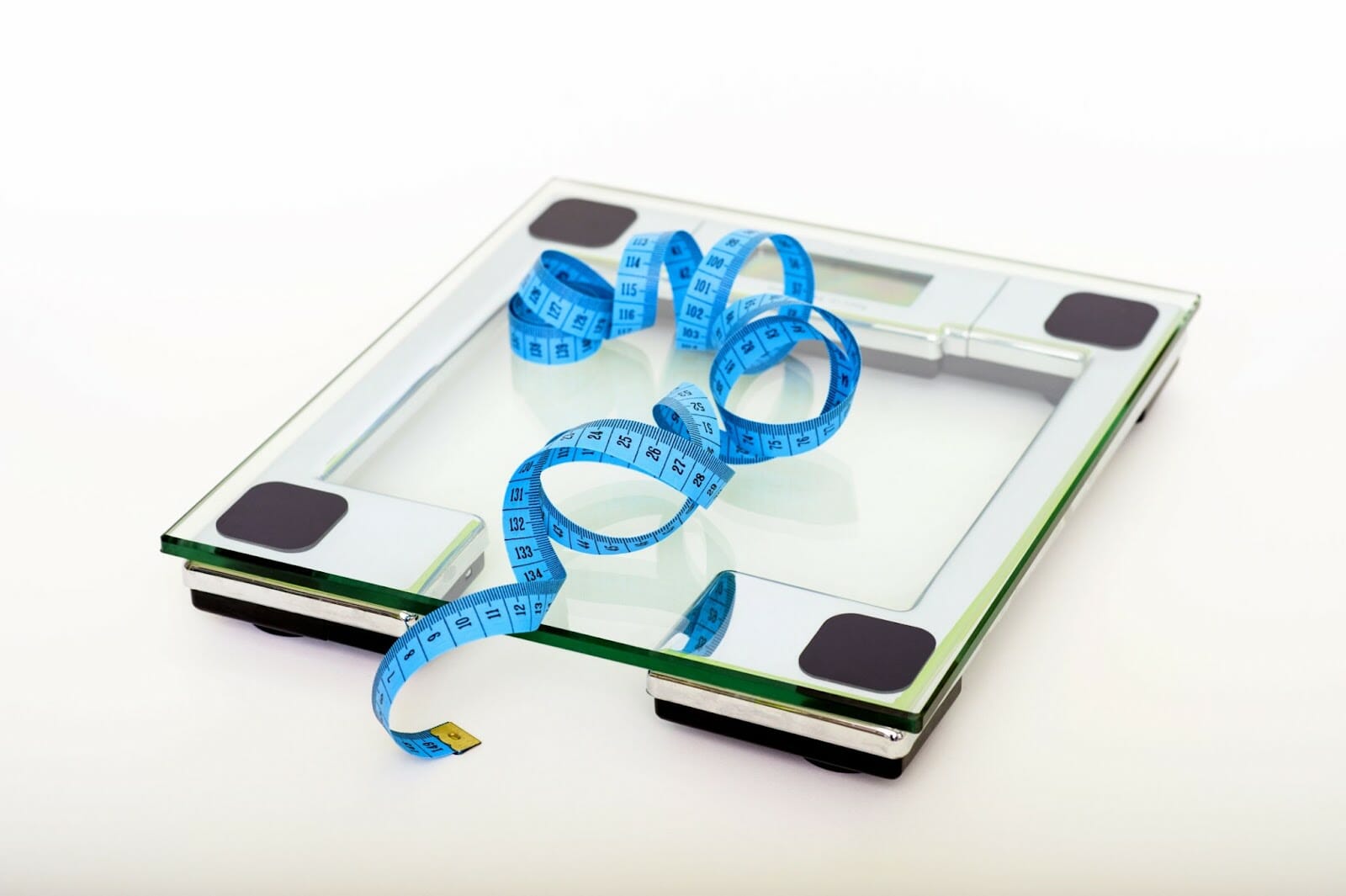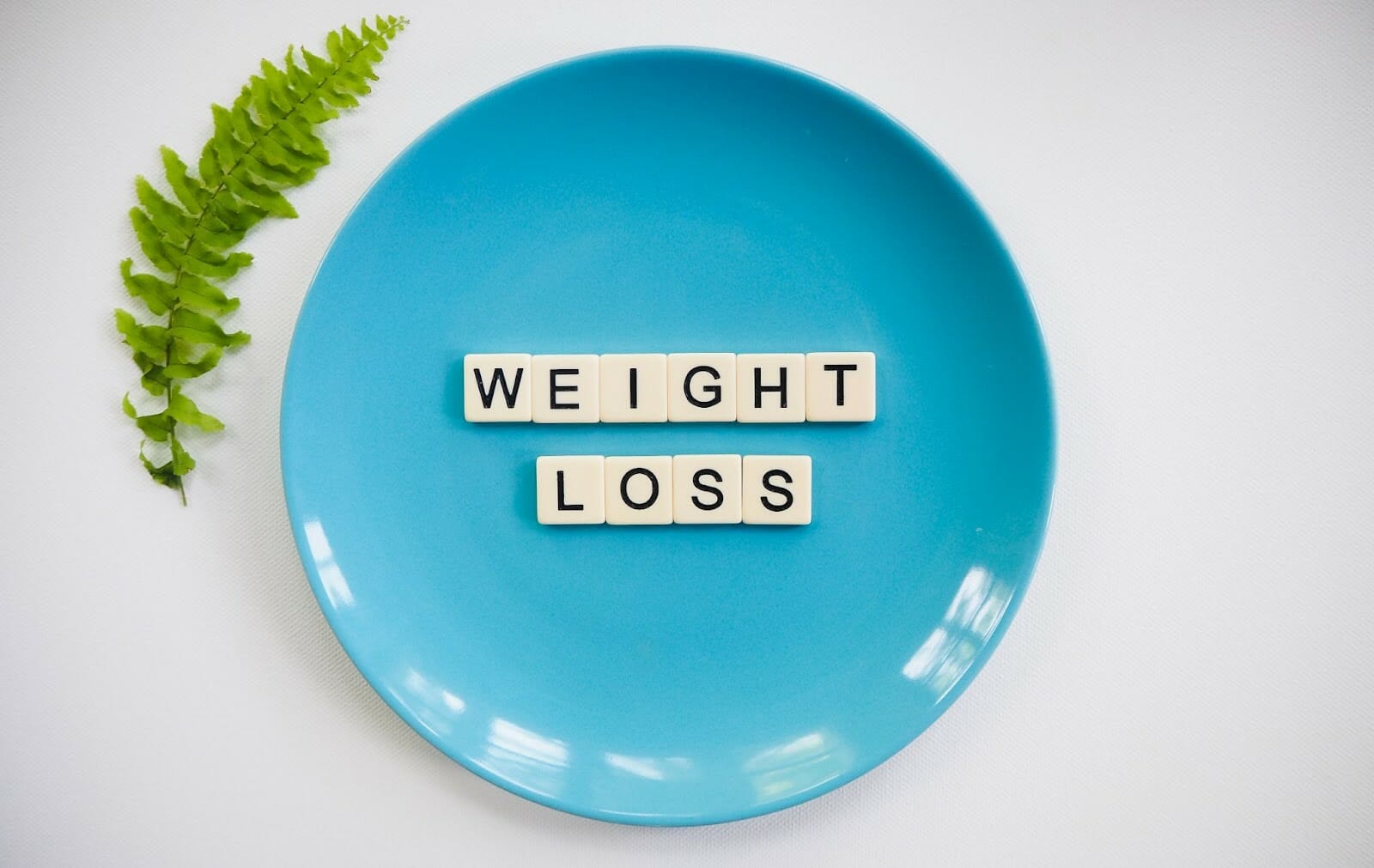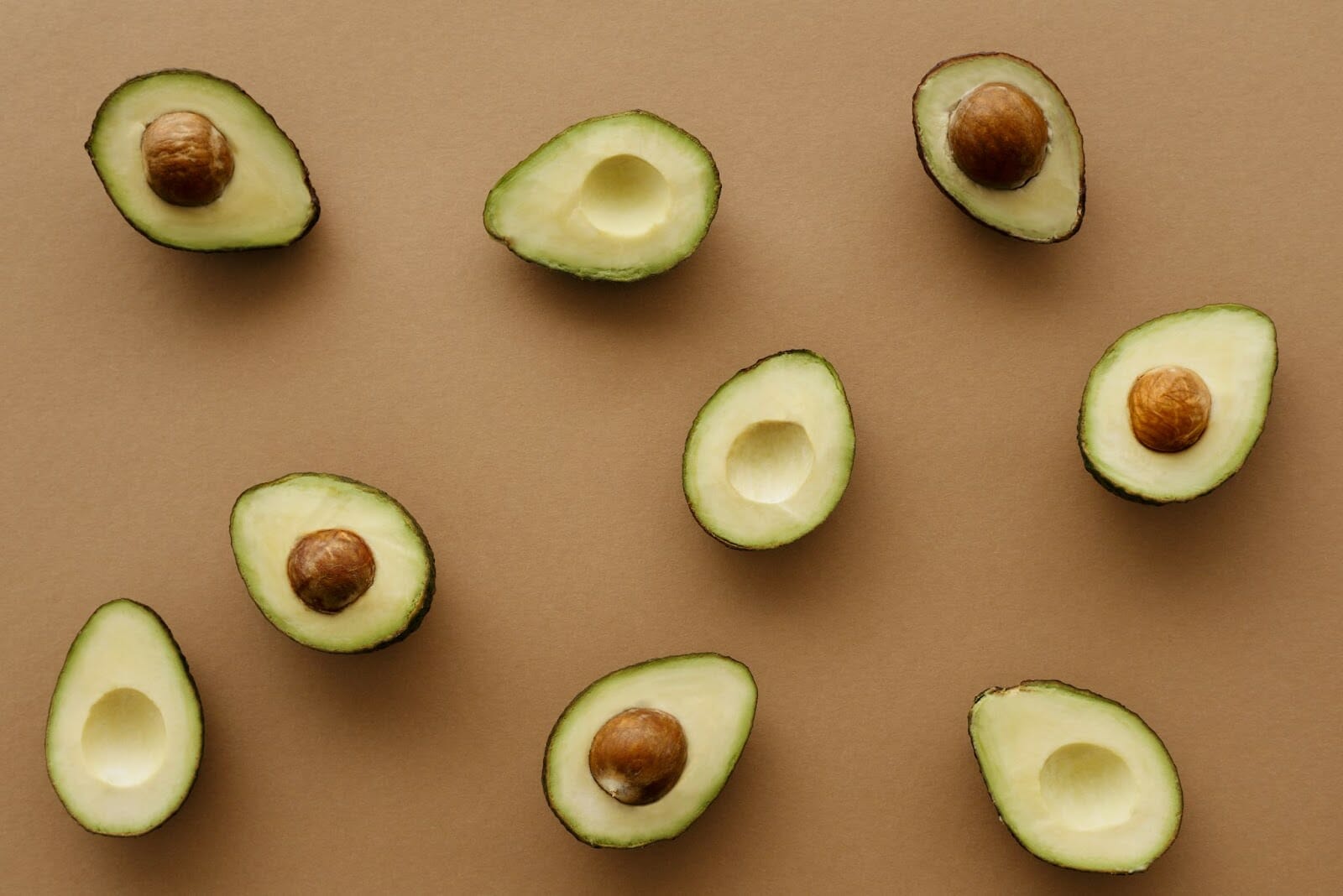To maintain a healthy diet, there are several diet tips that you need to be aware of.
Firstly, make sure to eat a balanced diet that includes all major food groups, such as whole grains, fruits, vegetables, lean proteins, and healthy fats.
Secondly, try to avoid processed and high-sugar foods as much as possible, as these can lead to weight gain and other health issues.
Thirdly, pay attention to portion sizes, as eating too much of even healthy foods can lead to consuming excess calories.
Fourthly, stay hydrated by drinking plenty of water throughout the day, and limit your intake of sugary drinks.
Finally, be mindful of your eating habits, such as eating slowly, being present while eating, and recognizing when you are full.
By following these diet tips, you can maintain a healthy, balanced diet and improve your overall health and wellbeing.
General Diet Tips
Being healthy and fit is an important factor of leading a happy and successful life. Dieting is a significant part of that, and there are many general diet tips you need to know.
Eating the right foods and making sure you’re getting the proper nutrients is key, but there are other things you can do to make sure you’re on the right track with your diet. Let’s explore some of these tips so you can begin your journey of healthy eating.
Drink Lots of Water
Drinking an adequate amount of water is a crucial component of any diet plan. It helps keep your body hydrated, aids digestion, and can even help with weight loss.
Here are some tips to help you drink more water throughout the day:
- Carry a refillable water bottle with you everywhere you go, so you always have access to water.
- Set a goal to drink a certain amount of water each day, and track your progress using a hydration app or journal.
- Infuse your water with fresh fruits, vegetables, or herbs to add flavor and make it more appealing.
- Drink a glass of water before each meal to help fill you up and prevent overeating.
- Swap out sugary beverages for water, or try low-calorie options like unsweetened tea or flavored sparkling water.
Remember that your water needs may be different based on factors like activity level, climate, and other health conditions. Pro Tip: Aim to drink at least 8 glasses or 2 liters of water per day to stay hydrated and support your overall health.
Practice Portion Control
Practicing portion control is a crucial aspect of maintaining a healthy diet. Here are some tips to help you practice portion control in everyday life:
Use smaller plates and bowls: Using smaller plates and bowls can help you reduce your portion size and still feel satisfied.
Eat slowly: Eating slowly and savoring each bite can help you become more aware of how full you are and prevent overeating.
Measure your food: Measuring your food with cups, spoons, or a food scale can help you accurately control your portion size.
Divide your plate: Dividing your plate into sections for protein, vegetables, and carbohydrates can help you balance your meals and control your portions.
Listen to your body: Pay attention to your hunger and fullness cues and stop eating when you feel full.
By practicing portion control, you can enjoy your favorite foods while still maintaining a healthy diet.
Eat Protein-Rich Foods
Eating protein-rich foods is an important diet tip that you need to know to maintain a healthy and balanced diet.
Here are some protein-rich foods to consider:

- Lean meats, such as chicken and turkey breast or lean beef and pork cuts.
- Seafood, such as salmon, tuna, and shrimp.
- Dairy products, such as Greek yogurt or low-fat cheese.
- Plant-based protein sources, such as lentils, quinoa, and soybeans.
- Nuts and seeds, such as almonds, chia seeds or pumpkin seeds.
Make sure your diet includes a variety of protein sources to meet your nutritional needs. Including protein in your diet helps you feel fuller for longer and helps with muscle development and repair. Pro Tip: Try incorporating a source of protein into every meal to maintain a steady flow of energy throughout the day.
wellhealthorganic.com:to-increase-immunity-include-winter-foods-in-your-diet-health-tips-in-hindi
Eating a healthy diet is essential for living a healthy lifestyle. It is the key to a well-balanced diet, which includes essential nutrients that the body needs for optimal functioning. But it can be hard to know exactly what to include in a healthy diet.
Here are some diet tips you need to know in order to ensure you get all the necessary nutrients in the right proportions.
Include Fruits and Vegetables in Your Diet
Including fruits and vegetables in your daily diet is crucial for maintaining a healthy body and preventing chronic diseases. Here are some tips on how to incorporate more fruits and vegetables in your diet:
1. Plan your meals around fruits and vegetables. Plan your meals using a balanced combination of fruits, vegetables, protein, and whole grains.
2. Experiment with new recipes. Try new recipes that incorporate fruits and vegetables in unexpected ways, such as smoothies, salads, soups, and stir-fries.
3. Make healthy substitutes. Replace unhealthy snacks with fresh fruits and vegetables, and opt for vegetable-based side dishes instead of starchy ones.
4. Shop seasonally. Shopping for seasonal produce will not only help you save money, but also ensure you are enjoying the freshest and most flavorful fruits and vegetables.
Pro tip: Aim for 5-9 servings of fruits and vegetables per day for optimal health benefits.
Choose Whole Grains Over Refined Grains
Choosing whole grains over refined grains can make a significant difference in maintaining a healthy diet. Whole grains are more nutritious and contain more fiber, vitamins, and minerals than refined grains. Here are some tips to help you make the switch to whole grains in your daily diet:
- Start by reading the ingredient labels of packaged foods to identify whole grain options.
- Choose whole grain bread, rice, pasta, and flour over their refined counterparts.
- Switch to whole grain cereals and oats for a healthy breakfast option.
Experiment with different types of whole grains, like quinoa, barley, and farro. Whole grains are not only healthy but also tasty and can add variety to your meals, helping you stick to a healthy diet.
Avoid Processed Foods
Avoiding processed foods is an essential aspect of a healthy diet, as many processed foods are high in calories, unhealthy fats, salt, and sugar. Here are some tips for reducing processed food intake:
- Choose fresh whole foods like fruits, vegetables, lean protein, whole grains, and legumes.
- Avoid pre-packaged foods that have a long list of ingredients and artificial preservatives.
- Cook at home more often and use fresh herbs and spices to flavor your meals instead of pre-packaged sauces and dressings.
- Read food labels carefully, and look out for ingredients like high fructose corn syrup, hydrogenated oils, and artificial colors and flavors.
Following these tips can help you maintain a healthy diet and avoid disease-causing processed foods.
Pro tip: Plan your meals in advance and shop for healthy ingredients, so you are not tempted to buy unhealthy processed foods when you are hungry.
Tips for a Successful Diet
Dieting can be difficult, but it doesn’t have to be. To ensure successful weight loss maintenance, it’s crucial to establish attainable goals and devise a plan. If you’re interested in delving deeper, you can always find out more about these strategies.

Here are some diet tips you should know to make your diet journey easier and more successful.
Set Realistic Goals
Setting realistic goals is an essential step towards achieving your desired weight-loss goals. When choosing a diet plan, it’s easy to get carried away with fad diets that promise quick weight loss. However, these diets often end up being unsustainable and can lead to harmful health effects. Here are some tips to help set realistic goals:
- Evaluate your current lifestyle and set small, achievable goals.
- Make realistic changes to your daily routine, like incorporating more fruits and vegetables into your diet, drinking more water, or doing a daily 30-minute walk.
- Keep track of your progress and celebrate your accomplishments, no matter how small they may seem.
- Focus on the long-term benefits of adopting a healthy lifestyle, such as increased energy and better overall health, rather than just a quick fix for losing weight.
Remember, slow and steady progress is key to achieving long-lasting and sustainable results.
Keep a Food Diary
Keeping a food diary can be an instrumental tool in achieving your diet goals, helping you track your daily food intake and gain greater understanding of your eating habits.
Here are some tips to make your food diary a success:
- Use a notebook, journal, or mobile app to log every meal, snack, and beverage you consume throughout the day.
- Include details like portion sizes, cooking methods, and ingredients.
- Track your hunger levels, emotions, and any cravings you experienced before or after eating.
- Evaluate your entries regularly to identify patterns or triggers that may be hindering your weight loss progress.
- Remember to be honest and non-judgmental with yourself – this is a personal tool to help you reach your goals.
Pro tip: Keeping a food diary can also serve as a source of motivation and accountability, holding you responsible for your eating choices and providing encouragement as you see progress over time.
Find a Support System
Starting a new diet can be challenging, but with the right support system in place, you can increase your chances of success significantly. Here are some tips:
Find a diet buddy: Partner up with a friend or family member who shares your healthy eating goals. Having someone to hold you accountable and offer encouragement will make sticking to your diet plan easier.
Join a support group: Online or in-person support groups can provide a sense of community and a wealth of resources to help you on your weight-loss journey.
Seek professional help: A registered dietitian or nutritionist can help you develop a personalized eating plan tailored to your individual needs and goals.
Create a plan B: Life can be unpredictable, and sometimes our best-laid plans fall apart. Prepare for setbacks by having backup meals and snacks on hand, so you aren’t tempted to indulge in unhealthy options out of convenience.
Pro tip: Remember that diets aren’t one-size-fits-all. What works for one person may not work for another. Experiment with different approaches until you find a plan that is sustainable and enjoyable for you.
Tips for Weight Loss
Weight loss can seem like an uphill battle but with the right diet tips, it can be achieved. Some of the top tips you need to know to help you achieve this goal include eating smaller portions, staying hydrated, exercising regularly, avoiding processed foods, and consuming plenty of fiber.

In this article, we will take a closer look at some of these tips as well as other strategies that can help you achieve your weight loss goals.
Create a Caloric Deficit
Creating a caloric deficit is a crucial step in achieving weight loss and improving your overall health.
Here are a few tips to create a caloric deficit:
– Reduce your daily calorie intake: Eating smaller portions, cutting out snacks and sugary drinks, and incorporating more fruits and vegetables into your diet can help reduce your calorie intake.
– Increase physical activity: Exercise burns calories and can help create a caloric deficit. Try to incorporate at least 30 minutes of moderate exercise into your daily routine.
– Keep track of your progress: Monitor your progress regularly to ensure you are on track to achieving your weight loss goals. Use a food diary or weight loss app to track your calorie intake and physical activity.
Remember, slow and steady wins the race. Aim to lose 1-2 pounds per week, which is a safe and sustainable rate of weight loss. And always consult with a healthcare professional before making any significant dietary or lifestyle changes.
Pro Tip: Keep healthy snacks like fruits and nuts nearby to avoid indulging in unhealthy foods.
Exercise Consistently
Exercising consistently and adopting a healthy diet are the fundamental pillars of weight loss. Regular exercise can help you burn calories and improve your metabolism, allowing you to lose weight faster. Here are some tips to help you exercise consistently:
- Set a specific goal for yourself and develop a workout plan that aligns with your goals.
- Choose exercises that you enjoy and find doable, so you’re more likely to stick to them.
- Schedule your workout sessions at a specific time each day or week, treating them like any other appointment in your calendar.
- Hold yourself accountable by tracking your progress and rewarding yourself when you reach your milestones.
Remember, diet tips you need to know! Consistency is key when it comes to exercising for weight loss. Make sure to find a workout routine that works for you and stick to it, and you’ll soon see the results you desire.
Get Enough Sleep
Getting enough sleep is a vital component of any weight loss journey. Not getting enough sleep can result in weight gain and a host of other health problems. Here are some ways in which sleep affects weight loss and how to get more of it.
Lack of sleep can increase feelings of hunger and decrease feelings of fullness, leading to overeating. Additionally, sleep deprivation can hinder the body’s ability to process carbs, leading to insulin resistance and weight gain.
To get enough sleep for weight loss:
- Stick to a consistent sleep schedule, going to bed and waking up at the same time every day, even on weekends.
- Avoid caffeine and alcohol before bedtime.
- Make sure your sleeping environment is cool, dark, and quiet.
- Turn off electronics at least 30 minutes before bedtime.
Pro tip: Getting enough sleep is just as important as diet and exercise when it comes to weight loss. Make sure to prioritize sleep as part of your overall health routine.
Tips for Maintaining a Healthy Diet
Eating healthy is an important part of living a healthy lifestyle. Unfortunately, it can be hard to stay on track with a healthy diet. To ensure you are getting the nutrients your body needs and staying on track with a healthy diet plan, here are some tips you need to know.
Allow for Occasional Indulgences
Maintaining a healthy diet doesn’t mean depriving yourself of your favorite foods. Occasional indulgences are a crucial part of a sustainable and healthy eating pattern. Allowing yourself to enjoy your favorite treats in moderation can prevent feelings of deprivation and keep you motivated in your healthy eating journey. However, it’s essential to keep your indulgences within reason and balance them with other healthy foods.

Here are some tips to help you indulge without sabotaging your health goals:
- Practice portion control: Instead of eating an entire pizza, have a slice or two and pair it with a salad or vegetable-based dish.
- Plan ahead: Decide ahead of time when and what you’ll indulge in, so you don’t feel guilty or out of control.
- Savor the experience: Focus on the sensory experience of eating your indulgence and enjoy every bite mindfully.
Remember, a healthy diet is all about balance and moderation. It’s okay to treat yourself occasionally as long as you follow these tips and make healthful choices most of the time.
Don’t Skip Meals
Skipping meals is not the right approach when trying to maintain a healthy diet. It can leave you feeling tired, lethargic, and increase the chances of overeating in subsequent meals.
Here are a few tips to help you maintain a healthy diet:
Make a weekly meal plan and stick to it. Planning your meals ahead of time will help you stay on track and resist the temptation to indulge in unhealthy foods.
Eat a balanced diet consisting of fruits, vegetables, whole grains, protein-rich foods, and healthy fats. This will help you stay fuller for longer and avoid unnecessary snacking.
Don’t forget to hydrate yourself. Drink plenty of water and avoid sugary drinks and caffeinated beverages.
Pro Tip: Always read the nutrition labels when buying packaged food to make informed choices.
Be Flexible and Adaptable to Change
Being flexible and adaptable to change is one of the most important diet tips you need to know for maintaining a healthy lifestyle. Your diet plan may not always work and there will be times when you’ll have to make adjustments, and that’s okay.
Here are some tips to help you stay flexible and adaptable to change in your diet:
1. Start small: Rather than making sudden and drastic changes in your diet, start with small and sustainable changes that you can stick to in the long run.
2. Keep a food diary: This can help you track your eating habits and identify areas where you could make changes.
3. Don’t deprive yourself: Deprivation can lead to craving and overindulging. Instead of cutting out your favorite foods completely, enjoy them in moderation.
4. Be open to new foods: Trying out new foods and recipes can make your eating habits more exciting and keep you motivated.
Remember, being flexible and adaptable to change means acknowledging that setbacks may occur, but it is important to keep going and stay committed to your health goals.


